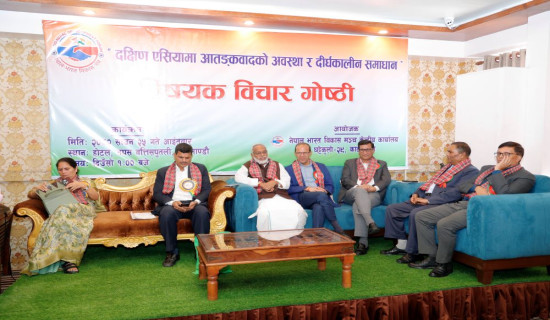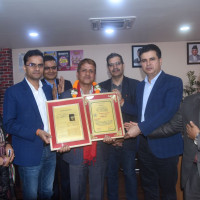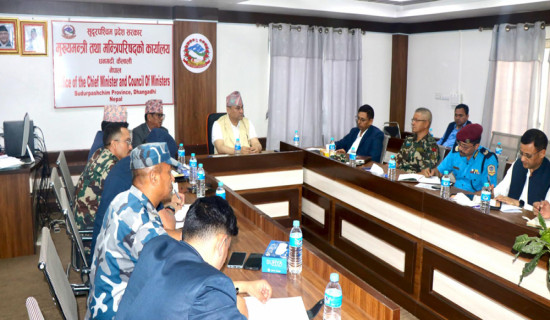- Monday, 11 August 2025
Invest In Youth
It has become a trend to talk about youth due to the increased influence of social media. From the largest political parties to fringe ones, every organisation wants to lure them and try to win their confidence and support their political agenda. However, neither civil society nor the major political parties and media seem to give priority to the role of youth in development and partnership.
Youth must be the primary focus of the nation. Investing in them is investing in the infrastructure of the nation, as the youth have the potential to pursue ideals and the passion to learn, excel and bring changes. Youth is an indomitable force of the country. The backbone of the development of any country is youth power. It is crystal clear that political, economic and social changes of any country in the world are possible through the strength of the youth. It is almost impossible for a country to march ahead without the spectacular development of its youth. So, it is mandatory to transfer leadership into the hands of the youth.
The ageing leadership should encourage creativity, enthusiasm, energy and capacity of the youth to lead the country towards prosperity. But the irony is that the ageing leadership of each political party adheres to the coveted post, and is unwilling to hand over the leadership in the hands of the youth. It is the responsibility of the government to instil hope in them. This could be possible only when the youths' issues and problems are duly addressed.
Disillusioned youths are easily swayed by interest groups and engage them in a non-productive field. The prevalence of nasty thinking and anti-nationalistic sentiments in youth is due to the negligence of each government and the rampant corruption and inefficiency of the government. A significant challenge for the government is thus to protect the future generation from being disillusioned by correcting out-of-track governance.
Every day, above two thousand youth exit the country for employment, and in the name of higher education, more than one lakh youths leave the country annually. This mass exodus has caused out outflow of billions of rupees from the country. To reduce this formidable brain drain, the three-tier government must forge a consensus to bring youth-friendly plans, policies and programmes. It has been too late to introduce programmes to engage youth inside the country. It is possible only if the political parties ensure good governance and refrain from indulging in parochial interests.
Political instability and untimely change in the form of government have added fuel to polarise and divide the youth. Consequently, youth empowerment becomes politicised rather than encouraged. Nepali youth possess potential, but without channelling their energy, their talent is useless. Therefore, the inclusion of the voice of the youth in policy-making is necessary. It is essential to recognise youth as key development partner of the country. Fund youth-led projects, and involve them in productive tasks right from the local level. Youth needs to be more than a political 'buzz word'.








-square-thumb.jpg)








